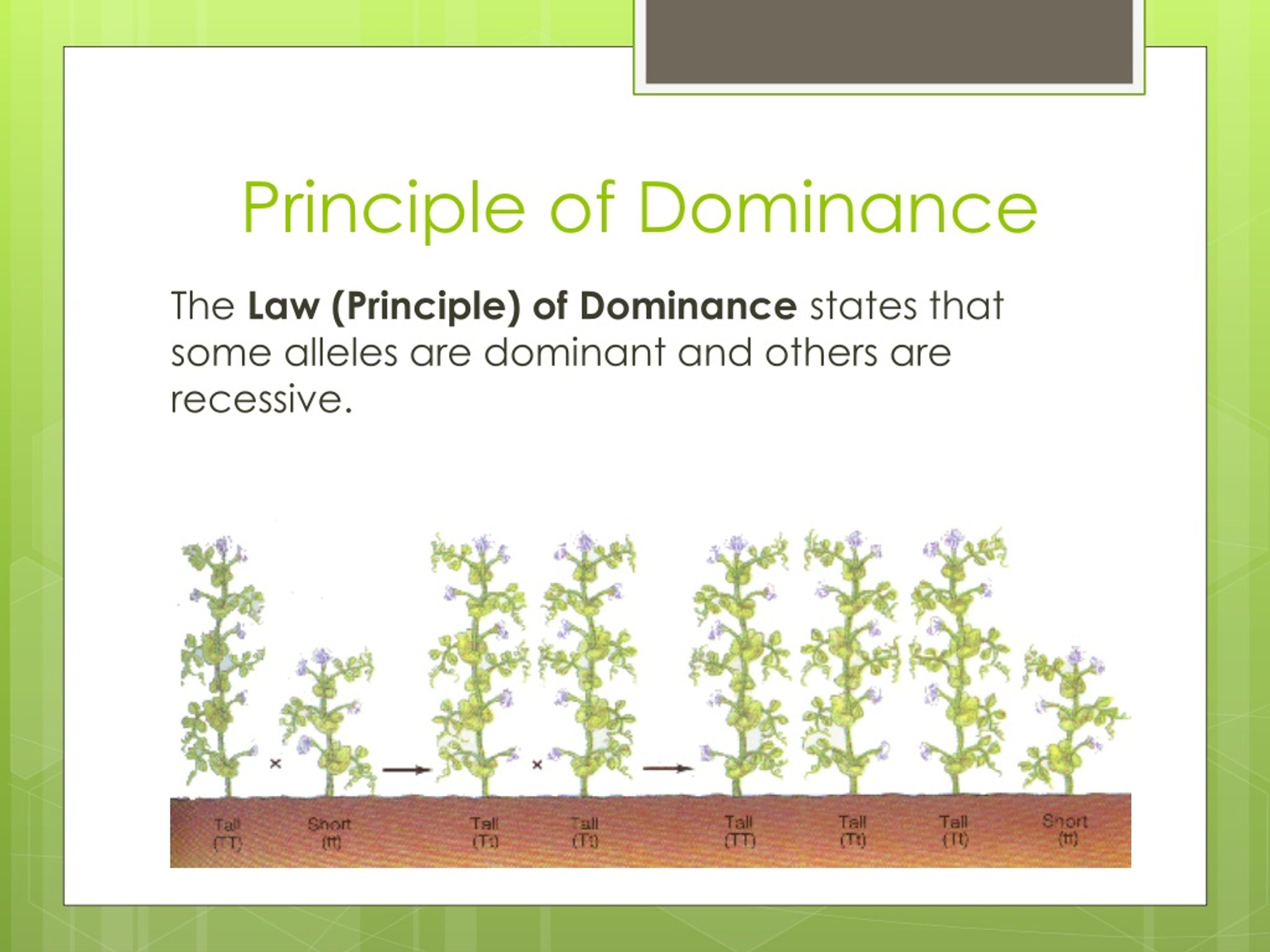
In other words, your payoff is a function of not only your decision about which party to attend but also the decisions of your friends. How much you will enjoy attending any one party is in large part determined by how many of your friends will be there. Consider this simple example: On Saturday, you know there are a number of parties happening in and around your school. But there are many situations in which the payoffs to an agent’s actions are determined in part by the actions of other agents.
PRINCIPLE OF DOMINANCE IN GAME THEORY HOW TO
In other words, the payoff to an agent’s actions is known, and the trick is to figure out how to get the highest payoff. Until this chapter, we have studied economic decision-making in situations where an agent’s payoff is based on their actions alone. Learning Objective 17.1: Describe game theory and the types of situations it describes. Learning Objective 17.5: Explain how game theory can be used to understand the banking collapse of 2008. Learning Objective 17.4: Describe repeated games and the difference between finitely repeated games and infinitely repeated games and their equilibrium. Learning Objective 17.3: Describe sequential move games, and explain how they are solved. Learning Objective 17.2: Describe normal form games, and identify optimal strategies and equilibrium outcomes in such games.

What policy solutions present themselves from this analysis?.What are the strategic incentives for banks to take risks?.The nature of this strategic environment and the incentives it provides are essential to understand to be able to make appropriate and effective policies. The strategic incentives to take risks could be a lot more powerful than generally appreciated. One possible explanation for this disconnect is the possibility that the banking industry is much more strategic than policy makers understood.
PRINCIPLE OF DOMINANCE IN GAME THEORY FREE
But the question of why banks would engage in self-destructive behavior in the first place is one that puzzles many observers who have a background in economics and knows that free markets often direct individual self-interested action toward the good of society.


Part of the risky behavior was attributed to the relaxation of banking regulations, particularly those that separated commercial banks from investment banks. In the real estate and banking crisis that caused the United States to fall into the worst recession since the Great Depression, banks were seen to have engaged in reckless and risky behavior that was seemingly against their self-interest. Do We Need to Regulate Banks to Save Them from Themselves?


 0 kommentar(er)
0 kommentar(er)
